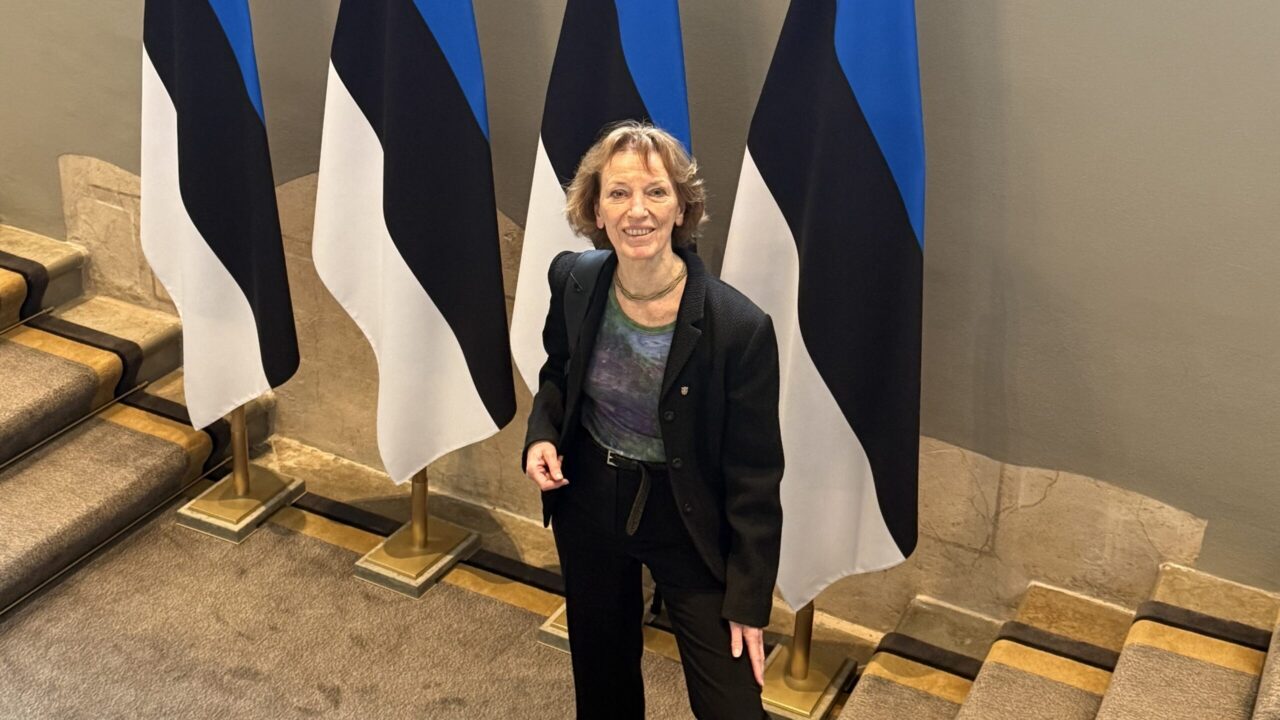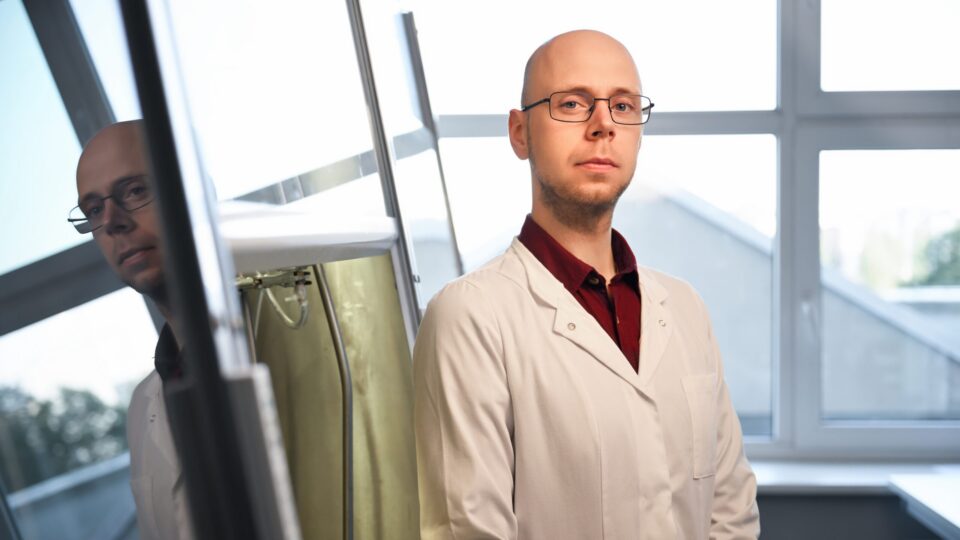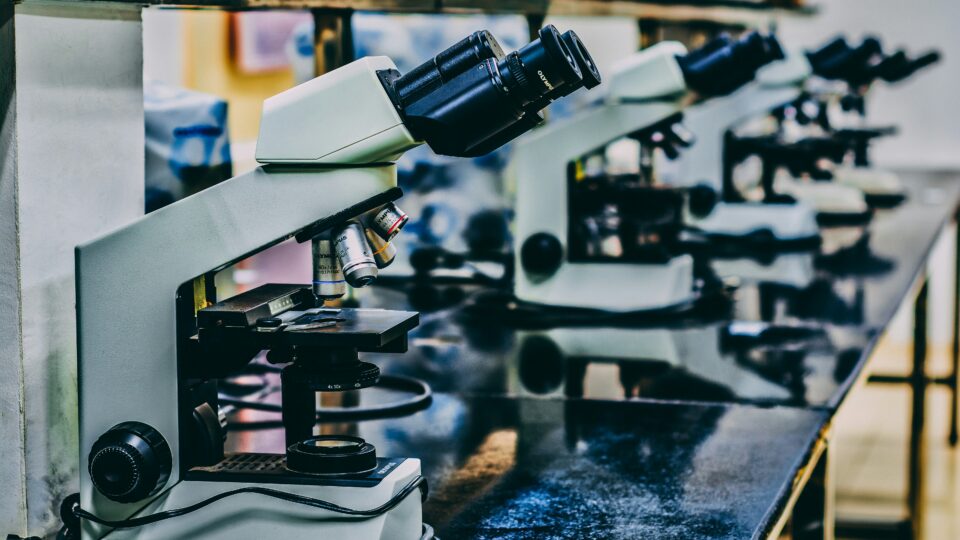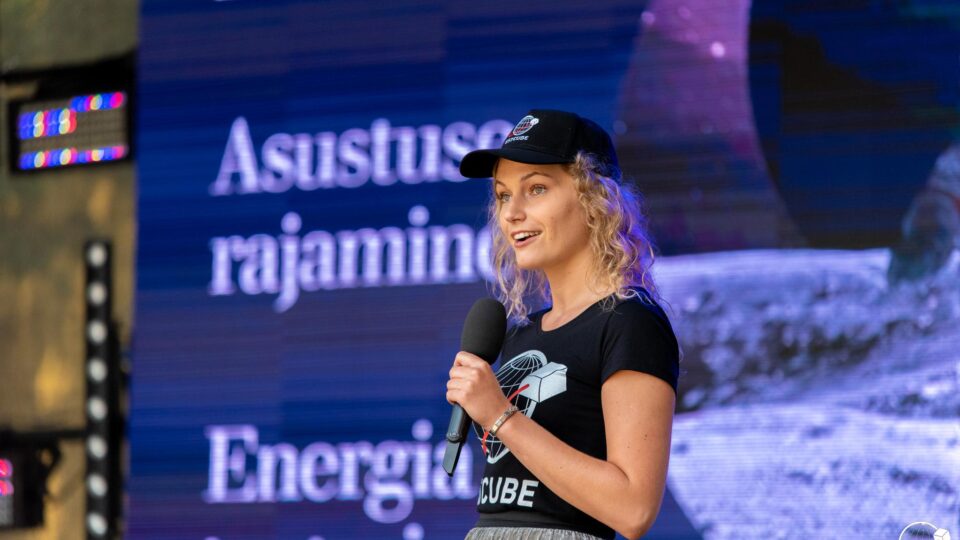As President of the European Research Council, you help shape the way Europe supports its brightest minds. How would you describe Estonia’s role in this landscape? Is it a case of “small country, big science”?
Well, “small country” is undeniablethat’s a matter of scale. But “small country, packs a punch”? Absolutely. What Estonia has achieved in terms of ERC grants is truly impressive.
I’ve heard a lot of self-criticism here – people telling me that Estonia isn’t good at science or at competing for ERC grants. I don’t think that’s true at all. In fact, the number of grants has increased significantly. We’re only halfway through the current framework programme and Estonia has already secured as many ERC grants as it did in the previous full cycle. That’s a very positive sign – one of determination and institutional support.
There’s clearly talent here, and that talent should be encouraged. Some people I’ve met were hesitant – saying, “I’m not good enough, I’m not that kind of person.” But you are good enough. With persistence and backing, success follows.
What brings you to Estonia now? Is your visit mainly to get acquainted with local science?
It’s certainly a pleasure to discover local science – and I only wish I had more time to explore the beautiful tourist sites! This is my first time in Estonia. But as ERC President, I feel it’s vital to know the local research communities and for them to be able to engage with us. I also want to meet with government officials to convey what matters for research in Europe and, ideally, to encourage their continued support.
You’ve mentioned funding. What more could a small country like Estonia do to make further strides in advanced research?
I think the key lies in the community of experienced researchers – those who understand what is important in planning and writing convincing grant applications. They can play a greater role in identifying and supporting promising individuals. Writing a grant is an art that can be learned. There are no tricks, but it does require commitment and excellence. Even top researchers at leading institutions spend three to four months preparing their proposals. Not because they’re inexperienced – but because they know what it takes. And you can’t give up. One of our grantees succeeded after four attempts. She told me she actually enjoyed writing grants because it allowed her to dream big – to design her ideal project.
There’s also a collaborative side. I heard recently in Lithuania about a researcher who applied for an ERC grant and had to reach out globally for expertise she lacked. When she told colleagues she was applying for an ERC grant, they were eager to be involved. That kind of ambition should be valued more – it fosters creativity and international collaboration.
Has any particular breakthrough from Estonia caught your attention?
There are so many inspiring ones – it’s hard to single out one specific project. I wouldn’t want to do anyone an injustice. But I’d like to shift focus slightly. While the ERC doesn’t fund projects based on expected societal impact – we fund bright ideas – we know from our analyses that our work has substantial impact. ERC projects result in more patent applications and innovation grants than other schemes, even though we receive only about 17% of EU research funds. This shows that when you trust researchers to follow their curiosity, society benefits.
I heard today about an ERC grantee at the Estonian University of Life Sciences working in ecology – exactly the kind of research the EU needs to tackle climate change and advance green technologies. These researchers are citizens themselves; they care deeply about societal challenges and will naturally contribute to addressing them – without pressure from above.
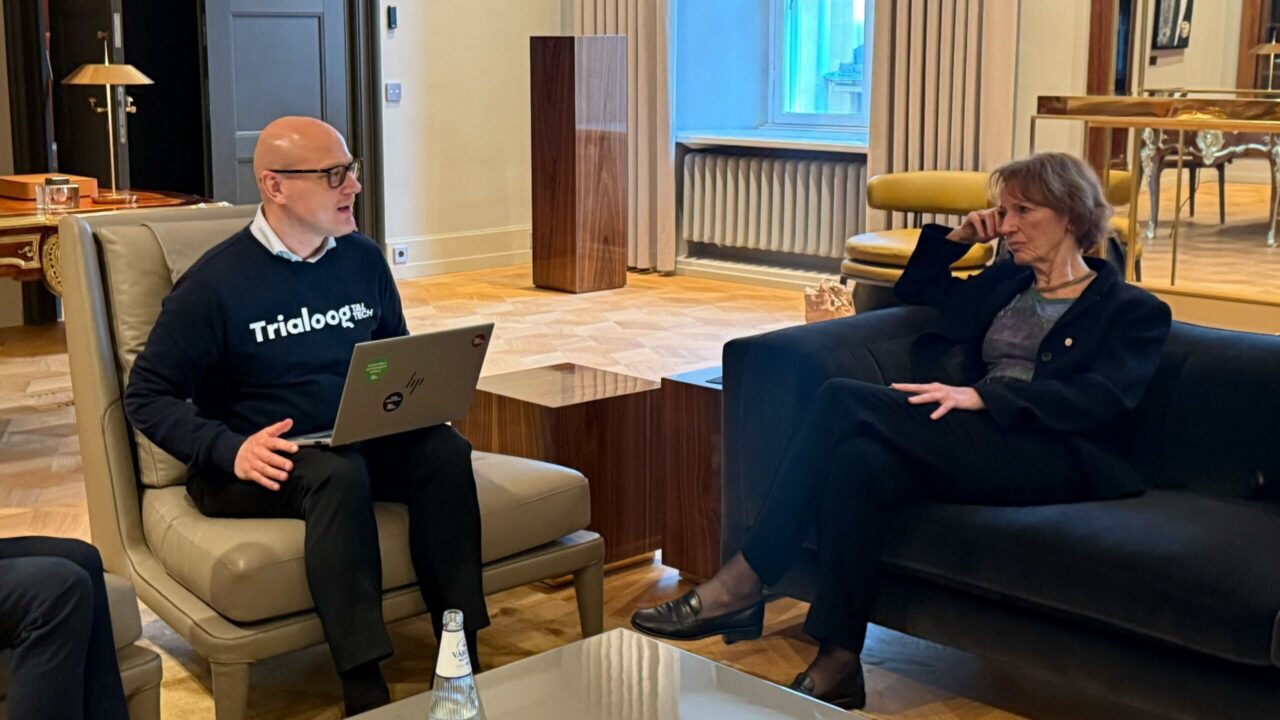
Writing an ERC application is an art in itself. There are no tricks, but it demands dedication and top-level quality, says Maria Leptin (right). Photo by Grete-Liina Roosve
You’ve worked across Europe – in Germany, Switzerland, France – and even in the United States. What does European science mean to you?
Honestly, I don’t think there is such a thing as “European science.” There is just science. Our brains all work the same way, wherever we are. I’ve collaborated with researchers from all over the world. The main differences lie in national funding mechanisms and career structures –and these differences matter.
Europe is often compared with the US, especially in science and innovation. In the US, the path from research to commercialisation seems clearer. Why is that?
That’s partly due to a greater appetite for risk and less fear of failure in the US – failure is seen as part of the process. But the US also benefits from a vast, unified market. In Europe, if you invent something in one country, you don’t automatically gain access to the whole EU market. That’s a political challenge.
We’ve been talking about the European Research Area for 25 years and still don’t have pension portability – I know this firsthand, as my husband has been affected by it. Career structures are often unclear, especially for young group leaders. If they don’t know how to secure longer-term positions, or if a country doesn’t support infrastructure or offer individual research grants, then it becomes an unattractive place to build a scientific career.
How would you motivate young people to pursue science over, say, working in a start-up?
I wouldn’t necessarily discourage them from joining a start-up – those can be incredibly exciting. I’d first ask what motivates them. If it’s making money, then science may not be the best path. But if they love exploration – if they want to be paid to pursue their own ideas – then science offers a unique kind of freedom.
My own son, after university, went into banking. He earned a lot, but after a couple of years, he left for something more stimulating and joined a start-up.
So, to a young person, I’d say: if you love discovering things and want autonomy in your work, science can be incredibly fulfilling. I’ve never in my life said “I work for someone.” From university until now, I’ve always worked with people, never for them. That’s a remarkable kind of freedom.
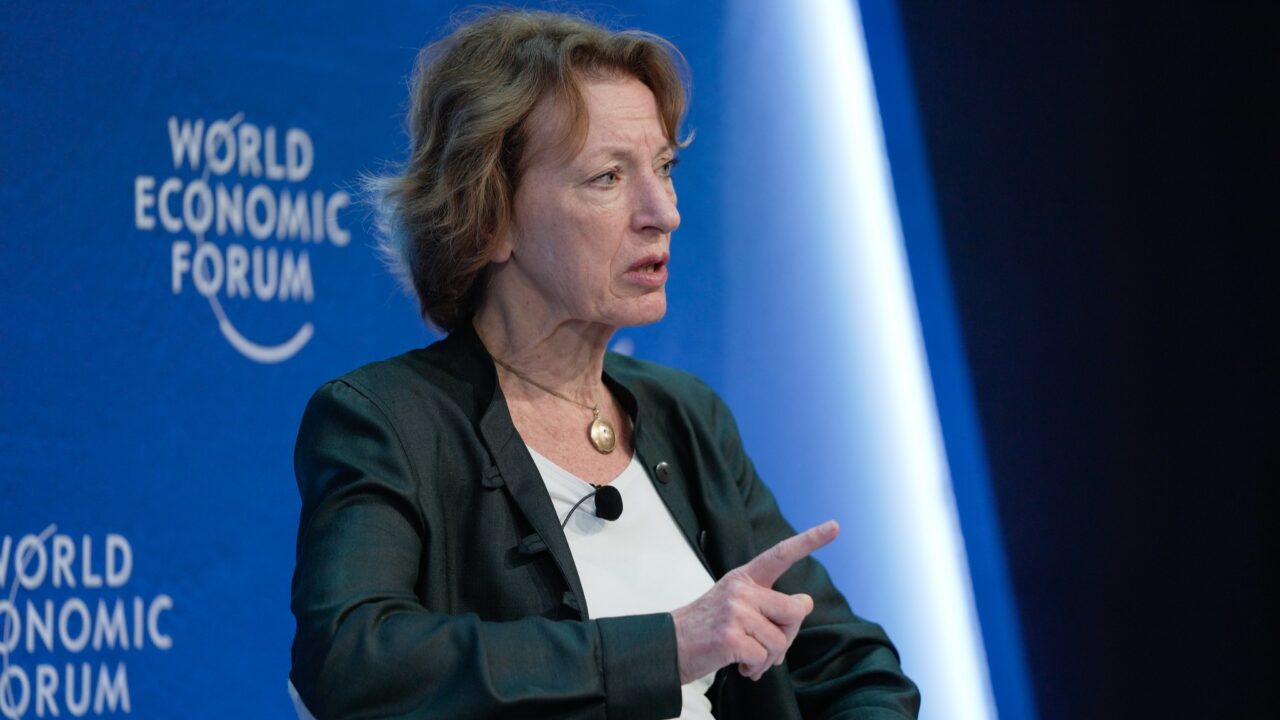
Maria Leptin at the World Economic Forum in 2022. Photo by WEF
You’ve mentioned freedom several times. How would you assess the state of academic freedom in Europe today?
As a German, I grew up with academic freedom enshrined in our constitution. I thought it was normal everywhere – only to discover it isn’t. That shocked me. Freedom to explore is vital.
I understand why politicians want quick results – especially during crises like COVID-19. But the breakthroughs they rely on come from long-term investments made years earlier in curiosity-driven science. Politicians today cannot know what discoveries will be needed tomorrow. You just have to look at history. Maxwell and Hertz didn’t know they were laying the groundwork for the radio.
So yes, short-term goals are fine – but lasting success depends on giving scientists the freedom to fail, try again, and stumble upon the unexpected.
Looking ahead 10 or 20 years, what kind of scientific culture do you hope today’s students will help create?
I think we already have a strong science culture in Europe, but it’s not integrated enough. That’s not just an EU-level issue; it’s about the member states. We need more cohesion – not just in science but across politics as well. I’d like to see less competition between countries and more collaboration. And again: freedom, freedom, freedom. Independence and collaboration must go hand in hand.
Is there any breakthrough you personally hope to see?
The most exciting breakthroughs are the ones we can’t predict. So I look forward to being surprised.
Finally, what has been your most important personal lesson in leadership?
To listen. Truly listen. Not to assume others see the world the way you do – they don’t, and that’s a good thing. Diversity of thought and constructive criticism are essential. As a leader, open communication and understanding different perspectives are key.

